Is living in a shed illegal? No, living in a shed is not illegal, although it is very illegal in some countries, states, or counties. Living in a shed seemed like a great idea at the time. It’s cheap, practical, and, more importantly, it gives you a little bit more breathing room than you had before.
It also means that you can do away with your debt repayments and have room for some new things, such as a dog or even a car! However, many people find themselves surprised to discover that living in a shed actually breaks the law.
You see, live-in sheds are often referred to as garden offices. But let me tell you: they’re not. They might look like they are, but they’re not an office because they don’t meet the criteria laid out by the Law Commission according to the definition of an office.
As of November 1, 2018, it is not illegal to live in a shed in Portugal. Unless the shed is installed illegally and the residents are living there without permission from the landowner, no law was broken.
Living in a shed is not a criminal offense under current legislation. In Portugal, 1 out of every 6 homes has no indoor plumbing, and most people have no choice but to live in substandard housing conditions.
This makes it a much more viable option for families than it would be in other countries. While there are many documented cases of people living in sheds, it is not legal to do so under most circumstances.
Sheds are often a less-expensive alternative to houses and apartments, and thus may be appealing to some people seeking a place to live. However, the legality of living in a shed depends on the location where one lives.
Is living in a shed illegal?
A shed is a building or structure that is used for storage, work space, and many other purposes. Sheds are usually made of wood. A person who lives in a shed may be considered homeless by some people.
However, there is no federal law against living in a shed in some countries. In most states, it is legal as long as the person has permission from the owner of the property where he or she intends to live.
Sheds can be purchased or constructed on your own property for use as housing for yourself or family members. Some people live in sheds that are attached to their houses, while others live in detached buildings that have been converted into homes.
The laws vary from one state to another when it comes to living in sheds on someone else’s property without permission. In some states, it’s illegal because there aren’t any zoning laws addressing it; in others, it’s against zoning laws;
and there are still other states where people have been able to get away with it because there was no existing law against it until they started doing so.
Some states, like Florida and Alabama, have no formal regulations regarding living in sheds on private property. Others, like Georgia and Delaware, do require that you be allowed to live in the shed by either your landlord or the owner of the land.
Top pick
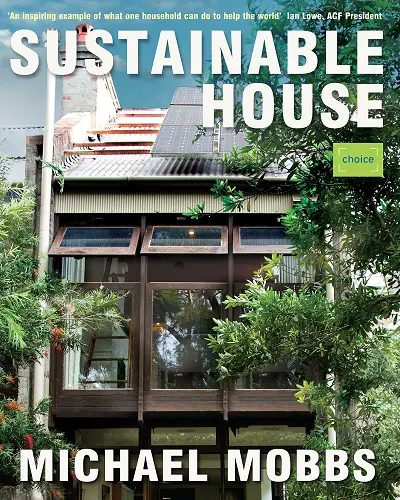
Editor’s choice
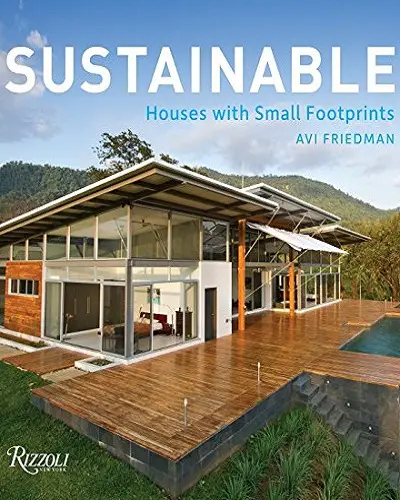
Best value
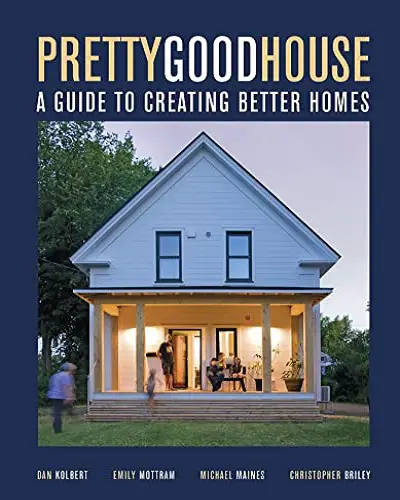
However, even if you’re permitted by a landowner to live in a shed on their land, that does not mean that you’re free from legal liability if something goes wrong. There are still some risks involved with living in a shed that may be owned by someone else:
Identity Theft: If someone breaks into your shed and steals personal information like credit card numbers or social security numbers, they could use this information to commit identity theft or fraud.
Property Damage: When you live in an RV or mobile home on someone else’s property without permission, it can cause significant damage to their home or property due to the lack of proper maintenance and upkeep.
Safety Hazards: Living in a shed is not safe. Sheds are not designed to be lived in and don’t have proper fire protection systems, so if there’s a fire, it could quickly spread out of control.
If you’re living in a shed, your family will also be at risk for carbon monoxide poisoning because there are no carbon monoxide detectors installed inside the shed.
Theft: If you’re living in someone else’s shed illegally, this is another safety concern because you never know who might try to break into your home at night while you’re sleeping to steal what they can find inside.
You may also be moving around valuable items in the shed without knowing they aren’t yours to take or sell.
Points to have in mind
- Are sheds safe to live in?
- Can you live in a shed in Florida?
- Can you live in a shed in Georgia?
- Can you live in a shed in South Carolina?
- Is it legal to live in a shed in Texas?
- How much do shed cost?
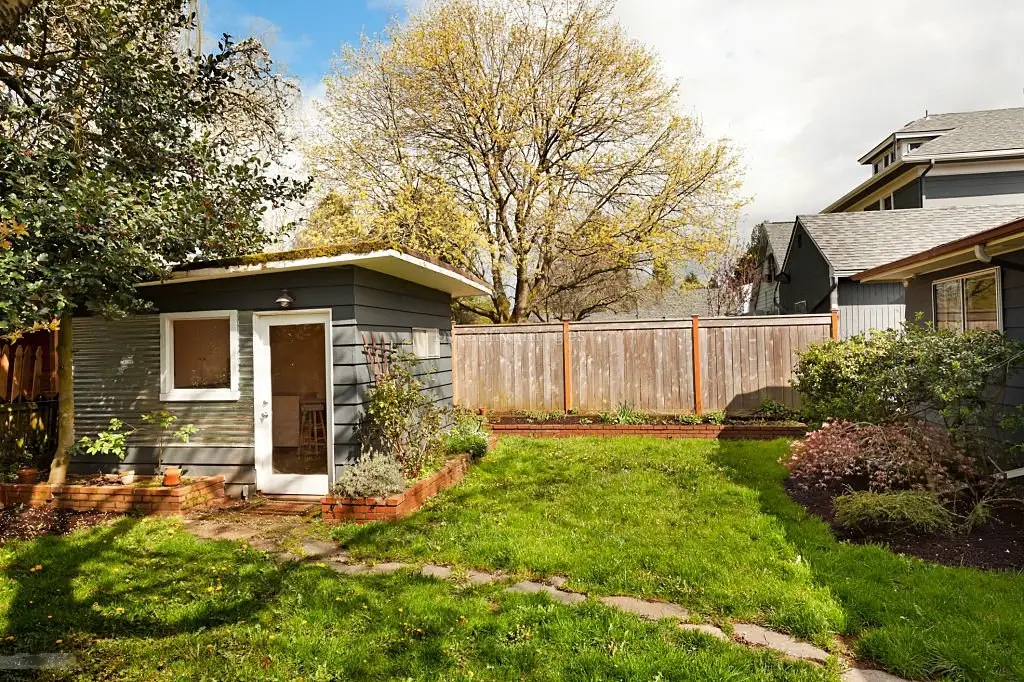
Are sheds safe to live in?
Are you looking for a way to make your home more affordable? Maybe you’re even looking for a place to live. If so, then you might want to consider moving into a shed.
Sheds are not only affordable, but they can also be quite comfortable and spacious. If you’re thinking about living in a shed, then here are some things that you need to know about them before making the decision:
Are sheds safe? This is one of the most common questions that people ask when considering moving into a shed.
The truth is that it depends on many factors, such as where you live and how old the building is. If you live in an area that has experienced tornadoes or hurricanes, then it’s best to move somewhere else until it’s safe again.
Otherwise, if your home is older than 30 years old and there haven’t been any major updates made to it, there’s a good chance that it isn’t safe enough for living purposes.
Sheds are safe to live in, but they are not a place to live. There are many reasons why it’s not a good idea to live in a shed, especially if you’re looking for a permanent residence. If you’re looking for temporary or short-term housing, then you can definitely stay in your shed.
Let’s look at some of the reasons why sheds aren’t safe for living: It’s not legal. It may be legal in some areas, but most states don’t allow people to live in their sheds. Some states even have laws that specifically forbid this practice.
It’s dangerous. The main reason why it’s illegal is because it’s dangerous! You have no insulation against the weather, so it gets very cold during the winter and very hot during the summer (unless you have air conditioning).
The ceiling height is too low for comfortable living conditions; this makes it difficult to stand up straight inside your shed without hitting your head on the ceiling every time you move around inside your home!
Read more articles: How Much Is A Tiny House In Virginia
Top pick
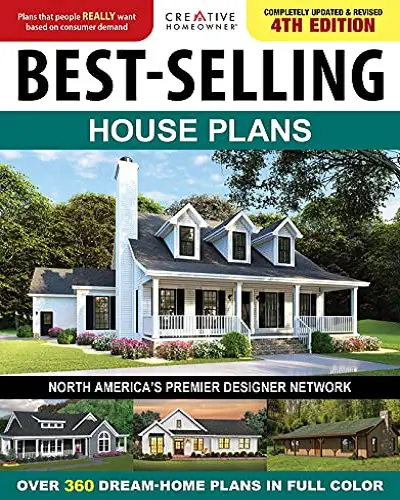
Editor’s choice
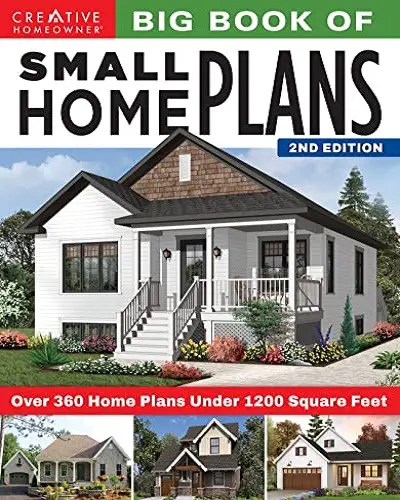
Best value
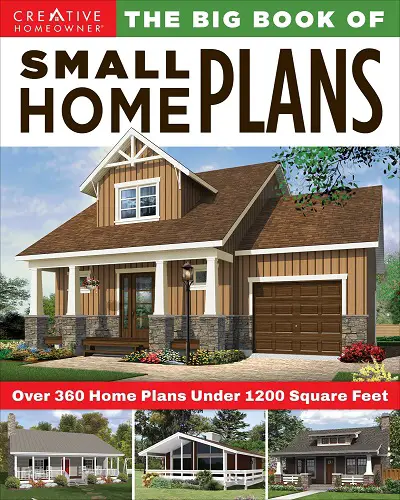
Can you live in a shed in Florida?
Yes, you can live in a shed in Florida. You can also live in a car or camper. The main thing is that it needs to be safe and secure. You could get an apartment for $1000 per month.
But if you were willing to spend the same amount of money, you could build your own tiny house on wheels and live in that instead.
If you want to know more about this topic, there are tons of great articles on our blog:
The best way to find out if it’s legal is to contact your local building department and ask them directly. If they don’t know what you’re talking about, then it’s probably not legal.
But if they say “no,” then make sure to get written documentation from them so that when you go back with an attorney, they can’t just say, “We said no.”
A shed is a building or a structure that is used for storage, as a workshop, or even as office space. Sheds are mostly made of wood, and they come in different sizes and shapes. The materials used to make the shed depend on the kind of use it will be put to by its owner.
Florida has no statewide zoning regulations, but local governments can create their own zoning rules. Zoning is used to determine what types of buildings can be built in certain areas and how they may be used.
The purpose of zoning is to keep incompatible uses away from each other, such as residential neighborhoods and industrial sites. Zoning can also protect natural features from being built on or outlaw certain uses completely.
In some areas of the state, there are also deed restrictions that limit what can be built on property owned by homeowners’ associations (HOA). HOAs typically restrict the size and style of homes that may be built on their properties.
This means that you cannot build a home larger than what is allowed by the HOA rules without getting permission from them first.
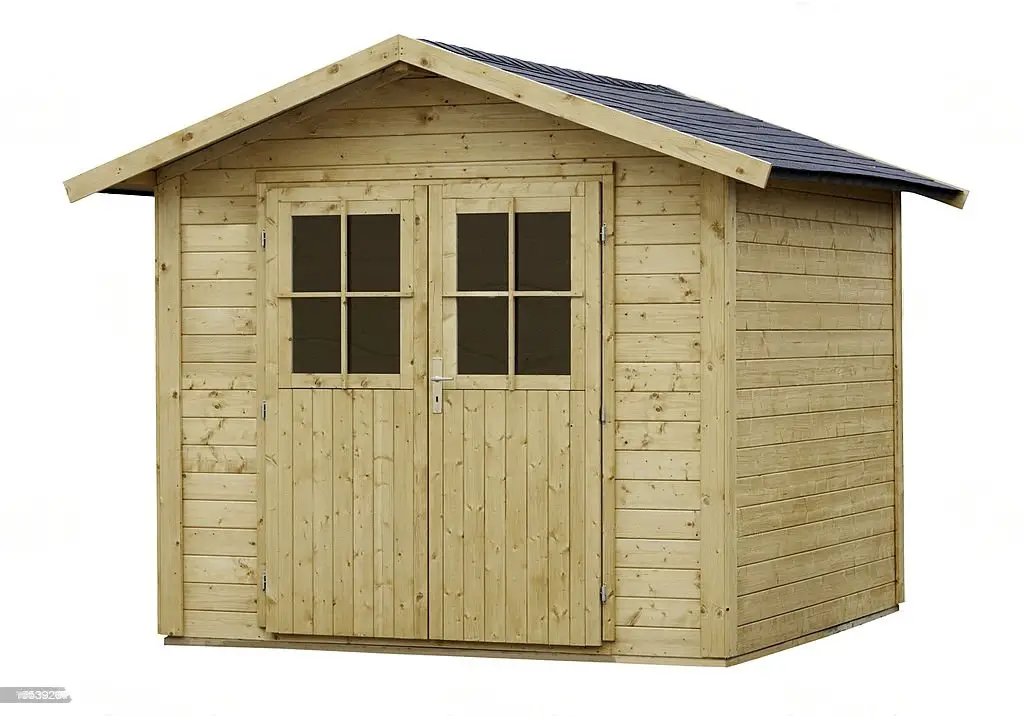
Can you live in a shed in Georgia?
Yes, you can. The law in Georgia is that a shed must be at least 120 square feet and have a window for it to be considered habitable. So, if you build a shed that is at least 120 square feet, you can live in it.
Can I live in my car?
No, you cannot. The law says that any vehicle that is used as living quarters must have heat or air conditioning, plumbing, and electricity. If your car doesn’t have these things, it is illegal to live in it.
Can I sleep overnight in my car?
Yes, but only if there are fewer than six people sleeping in the vehicle. This number includes children who are sleeping with their parents or guardians inside the vehicle too!
You also cannot park your vehicle on private property without permission from the owner of said property, within 300 feet of a fire hydrant, or exiting from an alleyway or street.
There are no zoning regulations that prohibit this type of structure. The only caveat is that it can only be used as part of your property and not as a separate dwelling unit.
So if your property has two sheds, they both must be part of the same building (such as a garage or barn).
What kind of shed should I buy? You have several options when purchasing a shed or other type of small building on which to live: a prefabricated unit from Home Depot or Lowe’s;
a kit from a company like Sheds Unlimited; or a custom-built design from someone like Bob Baugher, who specializes in these structures.
If you’ve ever driven down the road and seen a small house, it probably looked like an attractive option. But there are some reasons why this isn’t always the case. Here are some things to consider before taking the plunge:
You will be living in a very confined space. If you’re used to living in a big house with lots of room, it might take some getting used to living in something so small. This can be especially true if you plan on having children or pets with you.
Just make sure that whatever model you get has plenty of storage space so that all your belongings can fit inside without making the space feel crowded. The building will cost more than just buying the materials and building it yourself.
Most people elect to go with a pre-fabricated shed because it’s cheaper than hiring someone to build one for them and then buying everything separately.
However, even though it’s cheaper upfront, the materials can be expensive if you’re looking for something high-quality.
Can you live in a shed in South Carolina?
Yes, you can live in a shed in South Carolina. In fact, some people do. I know several people who have converted old barns and outbuildings into homes.
I don’t know if this is allowed by code or not, but it seems to me that these types of structures would fall under the jurisdiction of the building department rather than the zoning department.
If you are planning on living in your shed, you should contact your local building department to see if they have any regulations regarding this type of structure.
You can live in a shed in South Carolina, but you need to make sure that your shed meets the minimum size requirements for single-family dwellings. For example, if you want to live in a shed and rent it out, it must be at least 120 square feet and have a separate entrance from the main house.
In addition, you need to be aware of zoning laws. Some cities don’t allow people to live in sheds because they don’t meet building codes. And other cities have ordinances that prohibit people from living in sheds altogether.
Depending on where you live, there may be other things you need to do as well. For example, if you live in South Carolina and want to build your own house, you must file for a building permit with your county’s building department before starting construction.
This usually costs about $50 per application and takes about two weeks to process. You will also likely need a septic tank permit if you’re not connected to public sewer lines.
Once your paperwork is approved, it’s time for construction! There are plenty of great resources available online for building sheds from scratch at home, including how-to videos and step-by-step instructions from experienced carpenters like Bob Vila at Family Handyman magazine (familyhandyman.com).
First, you’ll need to make sure your shed meets code. In South Carolina, these regulations vary by county, so check with your local building department before moving forward with any plans.
Second, make sure that your shed will be safe and secure. The last thing you want is someone breaking into your home while you’re away at work or asleep at night.
Make sure that your shed has a solid lock on the door and that it’s well sealed so that no one can see inside from outside.
Third, think about how much space you’ll actually have inside the shed itself. It might seem like an obvious question, but it’s worth asking yourself how much space you need for daily living because that will dictate how much storage space is available for other items (and vice versa).
Read more articles: Tiny Homes Texas
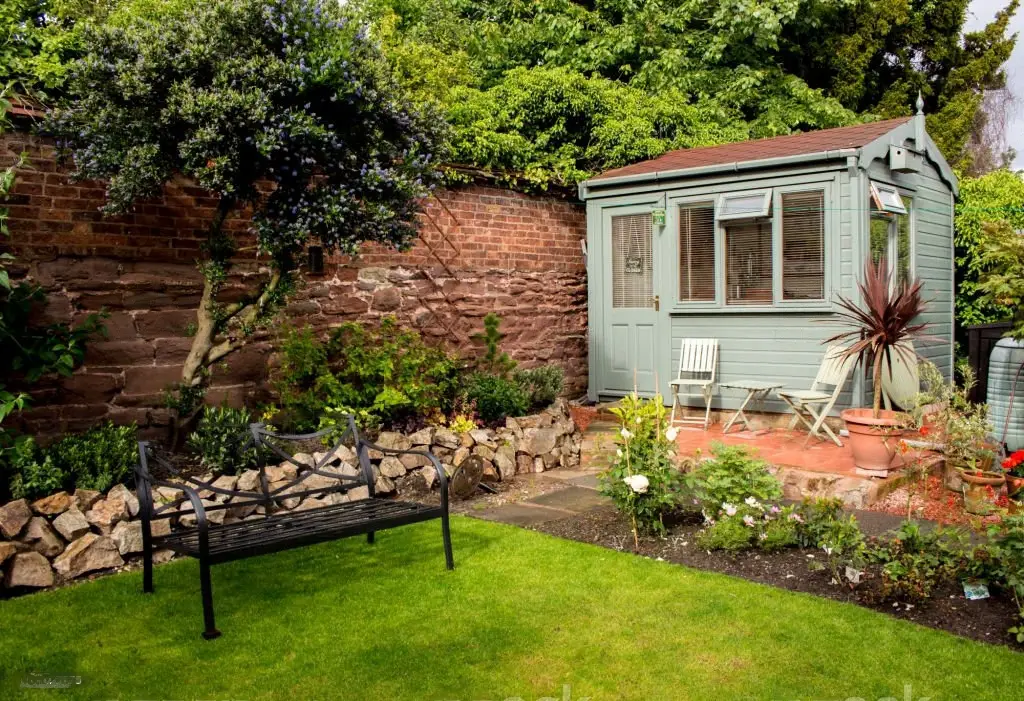
Is it legal to live in a shed in Texas?
The short answer is yes; it’s legal to live in a shed in Texas. The long answer is that it depends on what kind of shed you’re living in and how big it is.
The Texas Department of Licensing and Regulation (TDLR) regulates land use in the state. The TDLR’s website states that “an individual does not need a permit to build or live in an accessory structure.”
However, the TDLR does require that you apply for a building permit if you’re planning on building a permanent structure. In addition, there may be other local regulations as well.
If you’re planning on building a shed for your home, then you’ll have to follow the same building codes as any other house or apartment. The maximum height for sheds is 12 feet (3.7 m), and they must be at least 10 feet wide and 10 feet deep (3 m x 3 m).
As long as you don’t build too large or tall of a structure, then you should be fine using it as an apartment or rental property!
In fact, there are many reasons why you should not live in a shed. Although they’re not as common as they used to be, sheds can still be found on many residential properties.
In some cases, they’re used for storage or as a place for an extra vehicle or lawn equipment. In other cases, they’re used as living quarters for one or more people who don’t have access to a home or apartment.
Living in a shed is illegal because it violates zoning laws and building codes designed to protect public health and safety. Most places don’t let people live in detached buildings that don’t have enough ventilation or electricity.
Most sheds don’t have either of these things, which makes them illegal places to live in most cases, even if you are willing and able to put in your own electricity and make other changes to make the shed liveable.
Even if you could make your shed legal by installing electricity and ventilation systems,
It would still be against the law for you to live there, because local laws say that detached buildings can’t be used as homes unless they were built that way from the start, like mobile homes.
Sheds typically weren’t built with such a purpose in mind, so it’s highly unlikely that any city or county would allow you to live in one. I have a question about the legality of living in a shed in Texas.
I recently purchased land and plan on building a tiny house on it, but I am getting conflicting information about whether or not it is legal for me to live in my shed.
Top pick
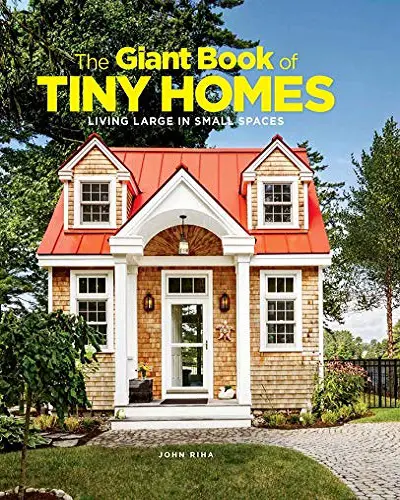
Editor’s choice
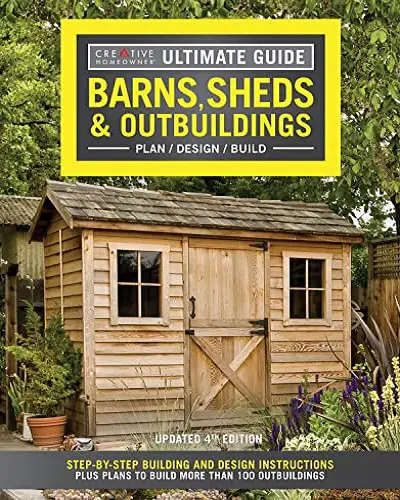
Best value
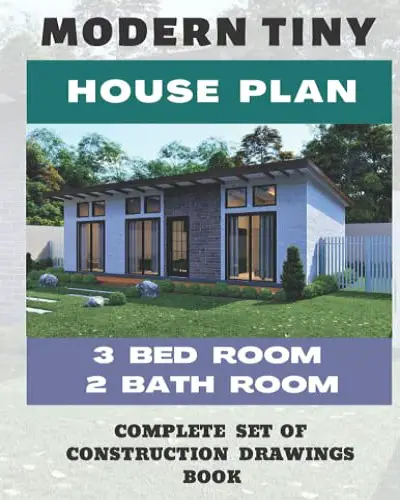
How much do shed cost?
Sheds are a great place to store your tools and other items. Unfortunately, they can be expensive. The cost of a shed will depend on a number of factors.
Including the size and style of the shed and where it is being installed. In general, you can expect to pay between $1,000 and $3,000 for a new shed installation.
Cost factors
There are several factors that affect the cost of installing a shed. The two main ones are size and location. Larger sheds tend to be more expensive than smaller ones because they require more wood, screws, and nails to build them.
Also, if you are building your shed on an uneven surface or in a remote area with no roads nearby, it may take longer for your contractor to get there with all his materials and equipment, as well as travel back home after finishing the job.
Additional features such as windows or doors can also affect the overall price tag of your shed installation project. These features may add anywhere from $500 to $1,500 depending on what type of windows or doors you choose and how many panels they have.
There are many factors that affect how much it costs to build a shed. The first factor is the size of your shed. The larger the shed, the more expensive it will be to build.
The second factor is the type of material used for construction. Wood is used for most sheds because it is cheaper than metal or plastic.
Metal is more durable than wood, but it is also more expensive than wood. Plastic can be used for small sheds, but it cannot withstand harsh weather conditions as well as metal or wood can.
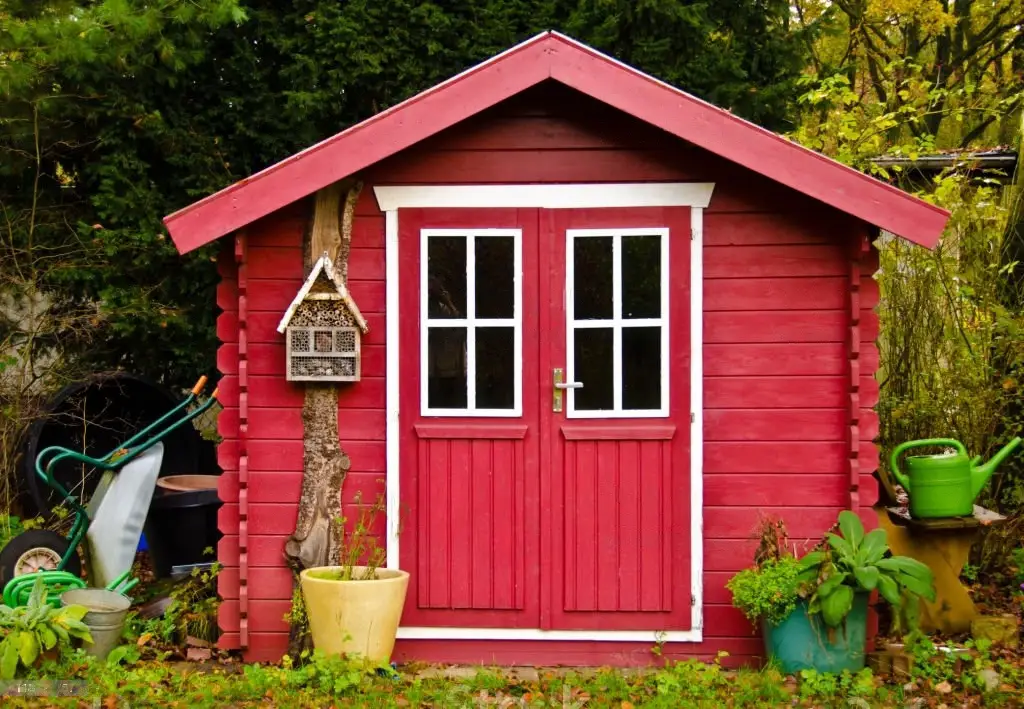
FAQ
1. Can you turn a shed into a living space?
You may modify your shed in a number of ways without compromising its long-lasting nature as a house. You may make this area into a modest living area, such as a living room.
2. Can I live in a shed in North Carolina?
Is Off-Grid Living Permitted in North Carolina? Living off the grid is entirely allowed in North Carolina. Surprisingly, the state allows outhouses and the construction of ponds on private land.
3. Can I turn my shed into a guest house?
Yes but converting a shed to a guest house by yourself can be complicated work, so you may want to hire help. An architect will do the job for you perfectly.
4. Can I live in a shed in TN?
In Tennessee, it is partly legal to live in an RV or compact house. The house typically has to have an authorized septic system and be on a solid foundation in order to be lawful.
Final thought
Not only is living in a shed not illegal, but it is also not uncommon either. These tiny homes often house those who are in need of housing that does not require a mortgage. Some people use the extra room for storage, while others use it for recreational activities.
Whether you want to do it for fun or as a permanent residence, living in these small structures can be extremely beneficial and affordable in the long run.
Often times, homeowners will rent out their property during the week or when it is unoccupied and watch over it from their own residence on weekends. However, this does not make the rental period legal.
A homeowner can occupy a guest house that is under 500 square feet and is on the same property. There are no restrictions for a guest house that is over 500 square feet.
A homeowner does not need to apply for a building permit from the city; however, there are some local ordinances that still need to be considered.
It should be noted that even though it may be illegal to live in a shed in some places, there are always exceptions. If you have an agreement with the owner of your property, then it is likely that they will allow you to build a shed and live in it.
However, some people do avoid the law by simply moving into these sheds and then setting up services in them that are not included on a standard lease, so you may have to stay under their radar if you want to get away with this long term.
Read more articles: Tiny Homes For Sale Georgia

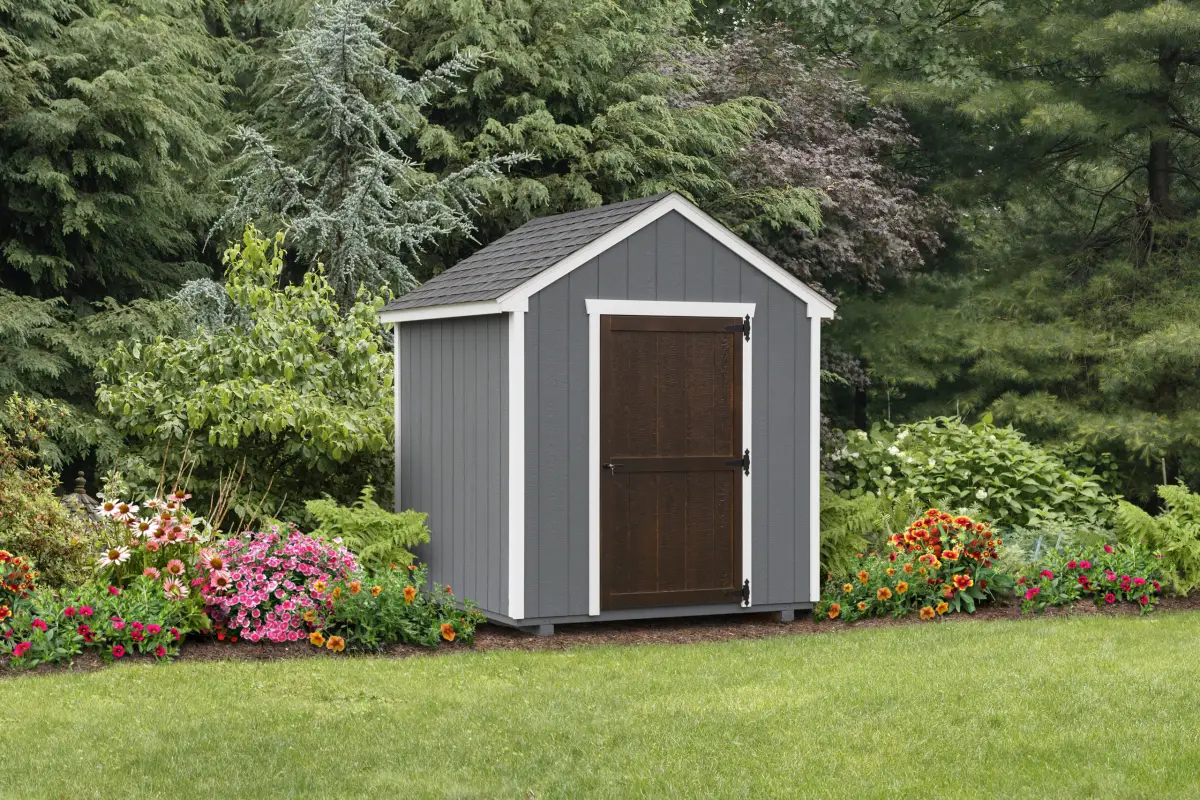
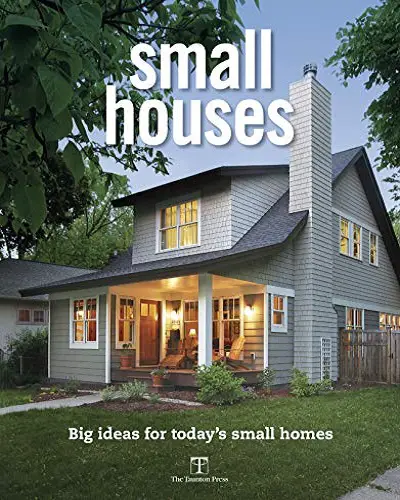
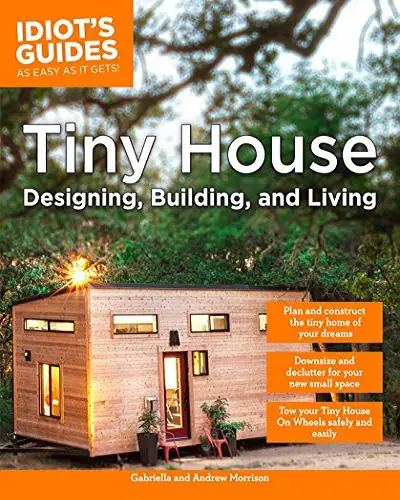
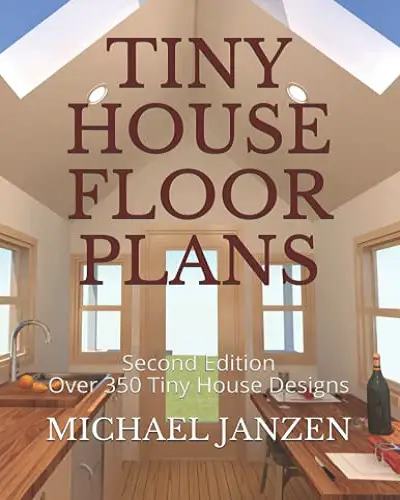
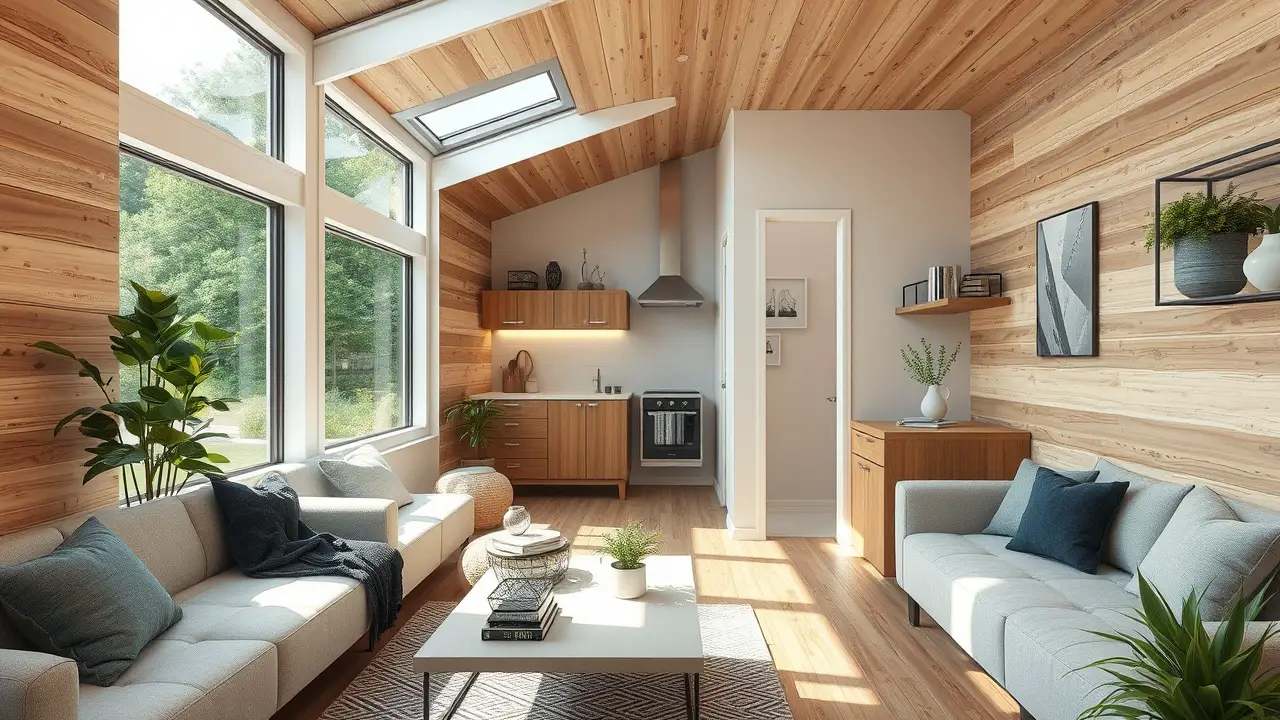
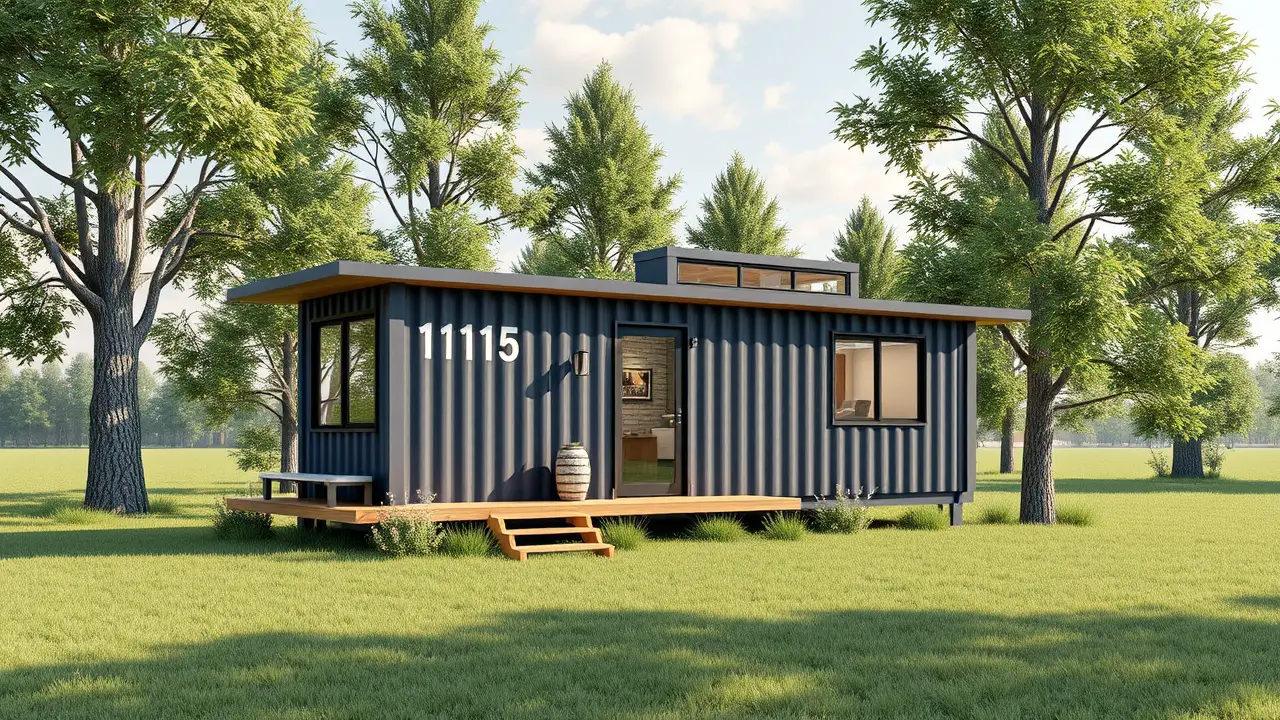
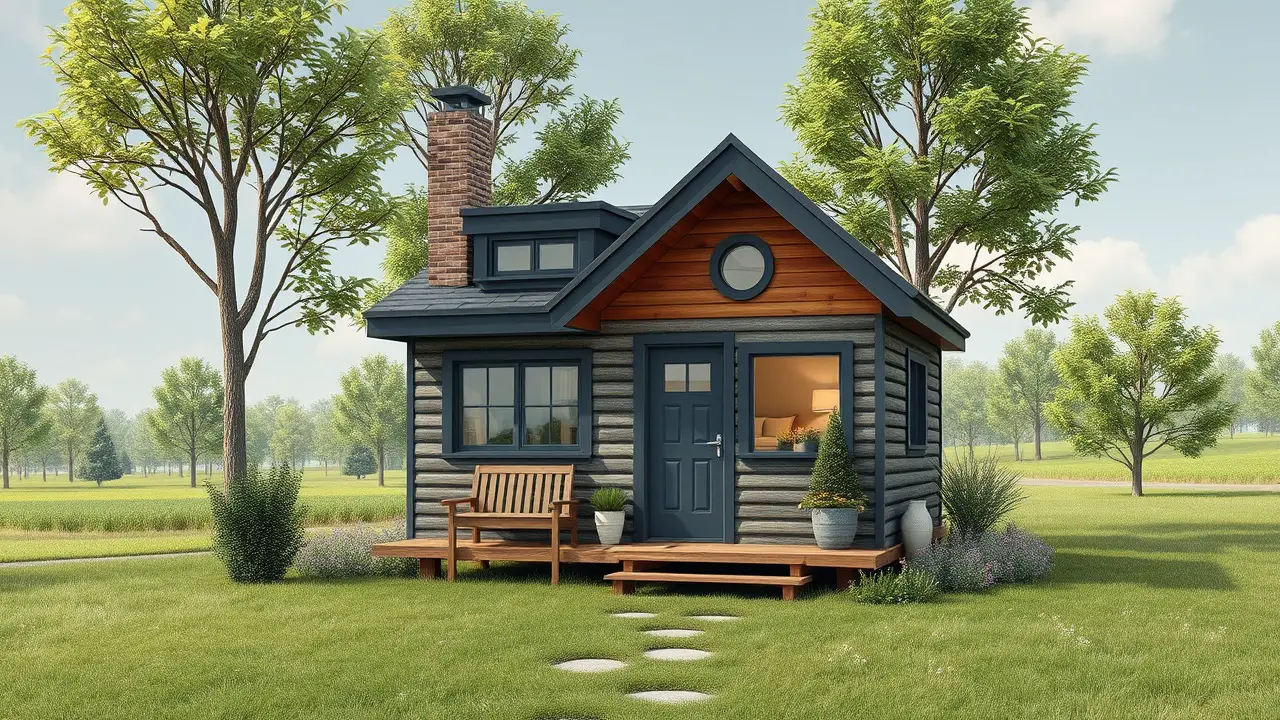
Leave a Reply